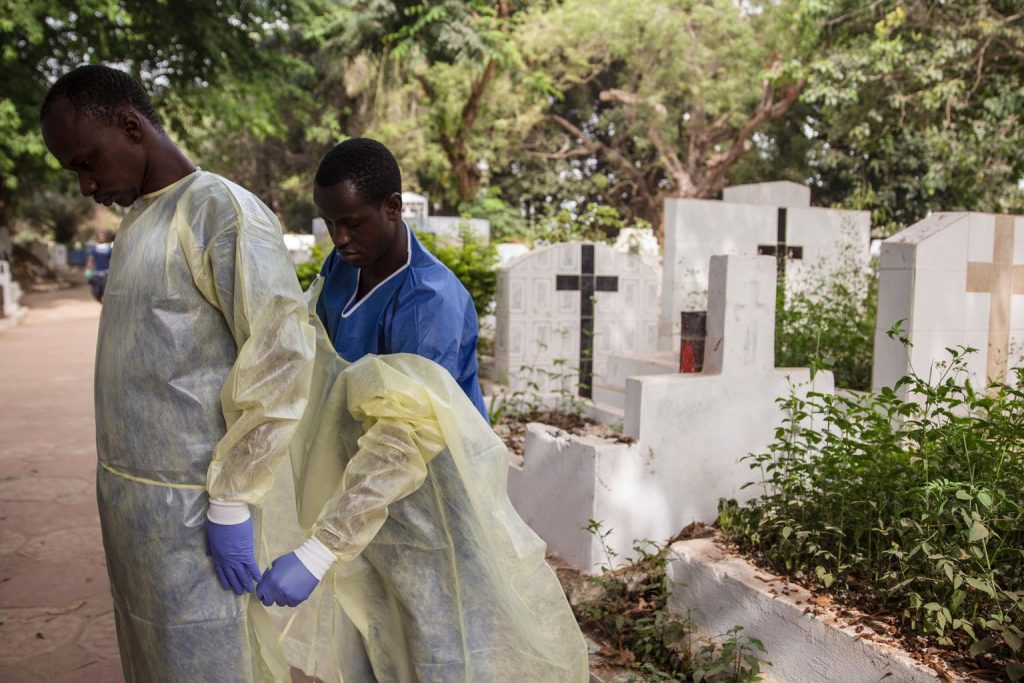During the height of the Ebola crisis in West Africa, public health responders and the international media focused on dead bodies as sites of disease transmission when early contact tracing discovered the relationship between attendance at funerals and emerging clusters of new cases. Anthropologists were central to the emergence of new protocols for “safe and dignified” disposal of the dead, emphasizing alternative rituals and the flexibility of local practice.
In the process, the author suggest that the emotional impact of loss and bereavement was subordinated to the focus on ritual. The new knowledge produced about safe and dignified burials in West Africa reveals the absence of knowledge about the handling of dead bodies and the emotional impact of bereavement among journalists, anthropologists, and biomedical professionals alike.



